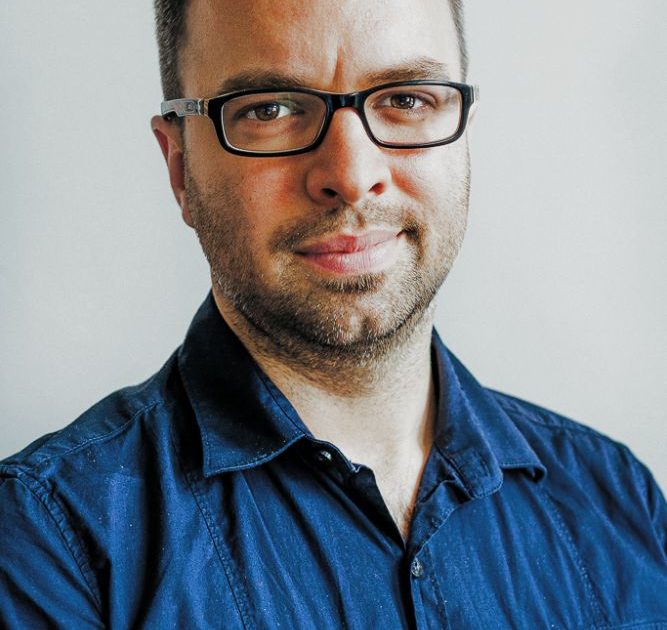
The ever-growing digitisation of social spaces has led to a rise of children being exposed to sexual exploitation and abuse. We must stand against exploitative systems, patterns, and social norms that continue to deny children access to their rights. We cannot look away and ignore the issues that underpin why children do not disclose their abuse, only confide in each other, mistrusting that the adults around them will hold criminals accountable and help them.
Evidence from our primary research in Asia and Africa shows that we largely fail to support the rights of girls and boys who are sexually exploited. With the data in hand, we know what we must do. We must move to an era of implementation where we ensure that policies, commitments, and the law reaches all children and their communities.
In the one year since our last annual report, the world has been home to the continued COVID-19 crisis, conflicts and humanitarian crisis, climate related disasters, mass displacement of people, and further sophistication of criminal rings and exploitation patterns, all of which have significantly contributed to further exposing vulnerable children to trafficking, child marriage, and sexual exploitation. That is why, as the world’s largest influencing network dedicated to on ending the sexual exploitation of children, we have work together to call for governments to put children’s rights at the forefront of their policies and actions.
The socio-economic vulnerability of children, in particular in the countries that have traditionally depended on income from tourism, have dramatically increased as the result of COVID-19 pandemic, political instabilities, conflicts, natural disasters and emergencies. At the same time, evolving trends in the travel and tourism industry, such as domestic, experiential and community travel, including voluntourism, along with an increasing use of sharing-economy practices, technology and seamless travel experiences, serve as new avenues for offenders to misuse the industry’s infrastructure and services across supply chains to groom, abuse and sexually exploit children. This year, ECPAT has called upon governments to address the risk of sexual exploitation of children in the context of voluntourism, and urges business to follow The Code Voluntourism policy to protect children. While over the recent years, there have been new developments around human rights and businesses and due diligence laws, these are mainly reflecting on the responsibilities of big companies to address child rights violations in their direct supply chains, while neglecting the informal supply chain in the destinations. In absence of obligatory regulations, The Code offers support to companies to protect children from sexual exploitation in travel and tourism, including through the risk assessment. It’s urgent to strengthen the protection of children’s rights that are affected by negative impacts of business operations, and more action is needed from the governments to improve and enforce law and policies to protect children in travel and tourism sector. This proactive approach towards sustainable tourism that prioritises child protection as it “builds back better” is also increasingly requested and expected from international travellers.
ECPAT recognises that girls continue to account for the majority of the victims of sexual exploitation and abuse. These crimes exist across many societies because of the prevalence of profoundly discriminatory patterns of patriarchalism and toxic masculinity. In addition, our Global Boys initiative and reports have provided clear evidence that, in the fight against sexual exploitation, we cannot assume that boys will also be equally protected, with the same approach used to reach out to girls. ECPAT is determined to use all of the knowledge, evidence, and data that we have about the sexual exploitation of boys, to focus on adapting our approaches, prevention, and response strategies to the different requirements of boys.
Despite all of these challenges, there are many more reasons to remain hopeful. A steady stream of governmental organisations and political groups are committing to vital plans of actions, policies, legislations, strategies, and resource allocations, that take into account the seriousness of the problem. We are delighted to see the children themselves, their families, and entire communities collaboratively engaging to tackling this issue. Across our global network and beyond, it is exciting to witness the building of robust support mechanisms, that address how social norms, stigma, and the distrust of the current systems are detrimental to the safety of children. There are a number of emerging engaged public-private partnerships that are paving the way to champion the integration of human rights principles with children’s rights approaches, in a way that can still see the private sector thrive globally.
As a network of civil society organisations, ECPAT is committed to amplifying the voice of marginalised populations and grass-root movements to influence decision-makers, making them accountable on their impact of their actions on the rights of the child, to live a life free from exploitation and abuse. There is hope. And luckily, at the forefront of ending the sexual exploitation of children, we get to see and hear about it all the time. All of these changes mean a change in hearts and minds. Fortunately, more are speaking up, more are taking action. That is why we continue our work and why we believe that we all have our part to play in keeping children safe, and ensuring that they have a life free from sexual exploitation.
Mr. Guillaume Landry
Executive Director, ECPAT International